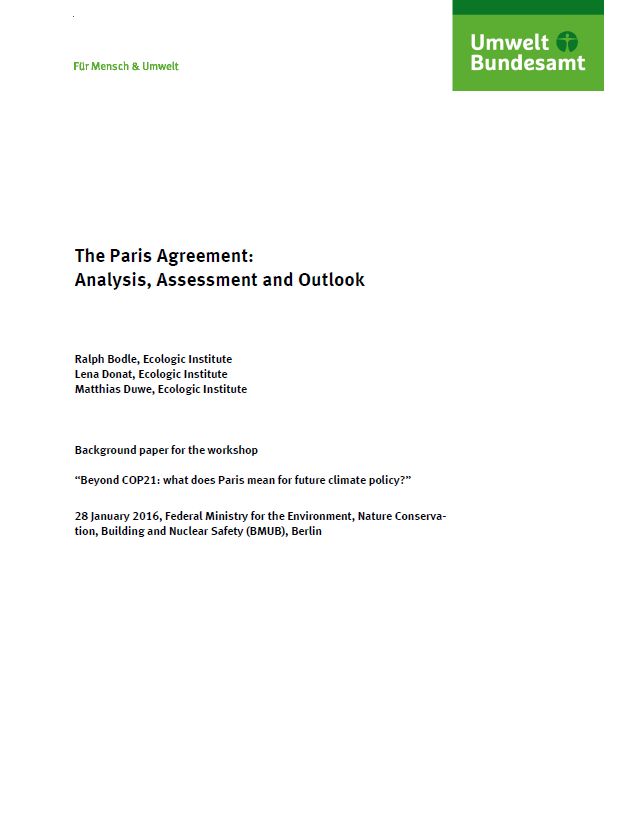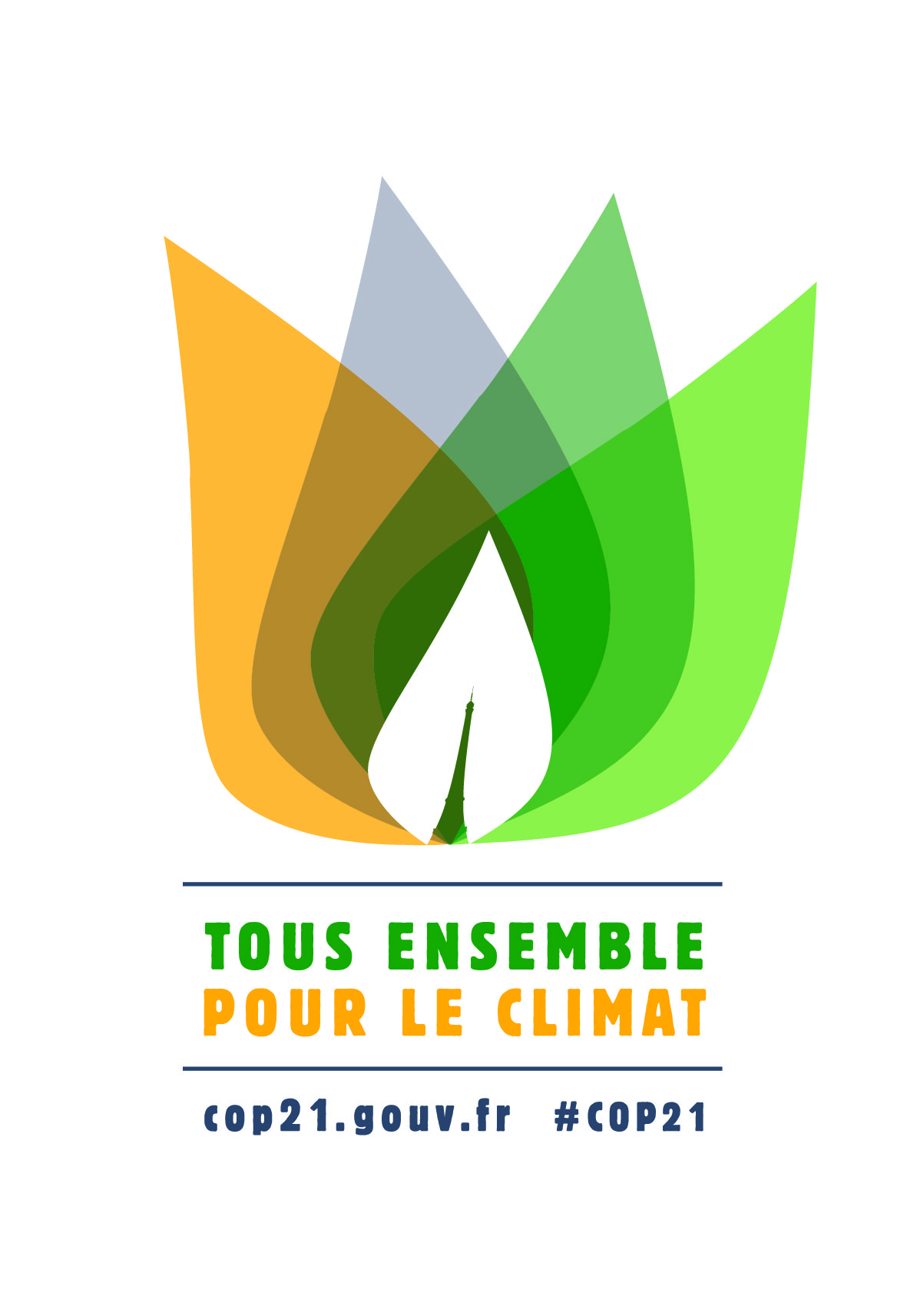Beyond COP21: What Does Paris Mean for Future Climate Policy?
- Event
- Date
-
- Location
- Berlin, Germany
On 28 January 2016, Ecologic Institute held a workshop at the Federal Ministry for the Environment on "Beyond COP21: What does Paris mean for future climate policy?". Policy makers, negotiators and stakeholders discussed the implications of the Paris Agreement for climate policy with 120 participants from ministries, academia, business and civil society. It was the final event of a a series of events organised and papers written by Ecologic Institute for the German Federal Environment Agency, entitled "Improving climate protection – for Paris and beyond".
In December 2015, at the climate summit in Paris the global community adopted a new international climate agreement. Many observers consider the Paris Agreement a historical breakthrough for climate protection, but also caution that the necessary level of ambition has not yet been achieved.
The workshop analysed the Paris outcome and the resulting challenges for international, European and German climate policy. Participants also discussed what the Paris Agreement means for non-state actors.
Many participants see the Paris Agreement as a milestone, not only for climate protection but also for multilateralism generally. The agreement sends a clear signal that states are willing to start the necessary transformation: Besides its legal obligations, the treaty provides political direction through the global decarbonisation target and the goal of redirecting financial flows, together with the national mitigation contributions, which almost all states have already provisionally communicated.
It is imperative now to implement the Paris Agreement and maintain and increase the political momentum. It is not only on the actors in the international climate negotiations to turn their commitment into action. Successful climate protection requires transformative alliances that involve other policy processes, sub-national actors, businesses, investors and civil society.
The workshop also highlighted the need for the European Union and Germany to adapt their climate policies to the more ambitious global goal to hold temperature increase well below 2°C, or even 1.5°C.





